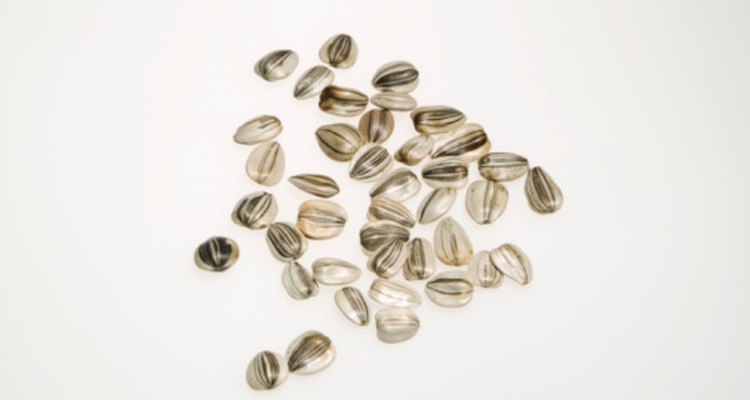
Sunflower seeds are a nutritional powerhouse packed with antioxidants, selenium, magnesium, fiber, phosphorus and healthy unsaturated fats. You may have heard the term "sunflower seeds" used interchangeably with the word "nuts" and wondered if there is a difference. Nuts and seeds can refer to different parts of the sunflower seed, and nut retailers may use the term differently.
Seeds
The seed from the sunflower is a long black- and white-colored seed. It is often referred to as a seed, whether it is shelled or not. Nut purveyors may refer to the raw seed as either "in shell" if it still has the shell or "no shell" if it does not have a shell.
Nuts
Once shelled, the meat inside of the sunflower seed is typically referred to as a nut. You may even see it called a kernel, instead of a seed. These terms -- as well as the term "seed" -- are interchangeable when referring to the sunflower nut.
Uses
You can use sunflower nuts and seeds in many of the same ways. Salt and roast, either the nuts or shelled seeds, in an oven for a crispy snack. Add seasonings to roasted seeds, such as Cajun, barbecue or taco. The nut, removed from the shell, has a better texture and can be mixed into granola, salads and salads or added to cookies, muffins, breads, pancakes or waffles.
Storage
One major difference between the seed, still in the shell, and a shelled nut is rancidity. Once shelled, the nuts can go bad quickly, especially after roasting. Store the nuts in an air-tight container in the refrigerator or in the freezer for longer storage.
Related Articles
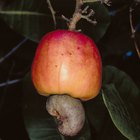
What Is the Difference Between Raw & ...

How to Eat a Raw Chestnut
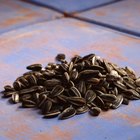
How to Remove Salt From Sunflower Seeds
How to Salt and Dry Pistachios

What Can I Substitute for Poppy Seeds ...

Can You Use Corn Meal to Make Tamales?

How Many Calories Are in a Stuffed Bell ...

How to Cook Pulled Beef Without a Slow ...

Substitute for Peanut Satay Sauce

How to Make Stuffing Mix Better

How to Store Raw Peanuts
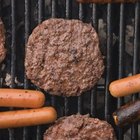
How to Cook a Frozen Beef Patty ...

How to Make Your Own Smoked Almonds ...

Baked Cubed Squash

How to Make a Blackbuck Antelope Roast
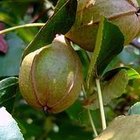
What Is a Hickory Nut?
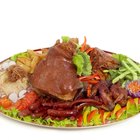
How to Make Beef Shank Tender
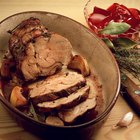
Does It Take Longer to Cook With the ...
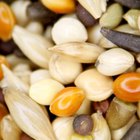
Does Bird Seed go Bad?
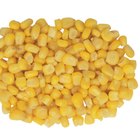
How to Bake Kernel Corn in the Oven
References
Writer Bio
Sommer Leigh has produced home, garden, family and health content since 1997 for such nationally known publications as "Better Homes and Gardens," "Ladies' Home Journal," "Midwest Living," "Healthy Kids" and "American Baby." Leigh also owns a Web-consulting business and writes for several Internet publications. She has a Bachelor of Science in information technology and Web management from the University of Phoenix.
Photo Credits
Jupiterimages/liquidlibrary/Getty Images